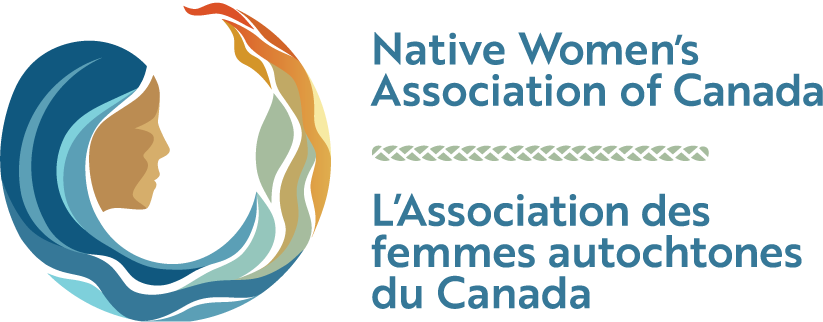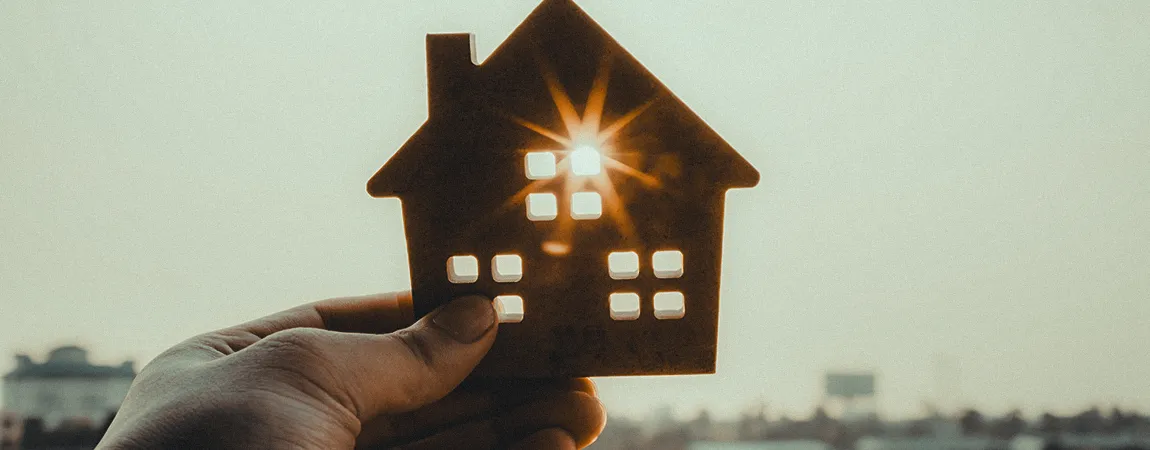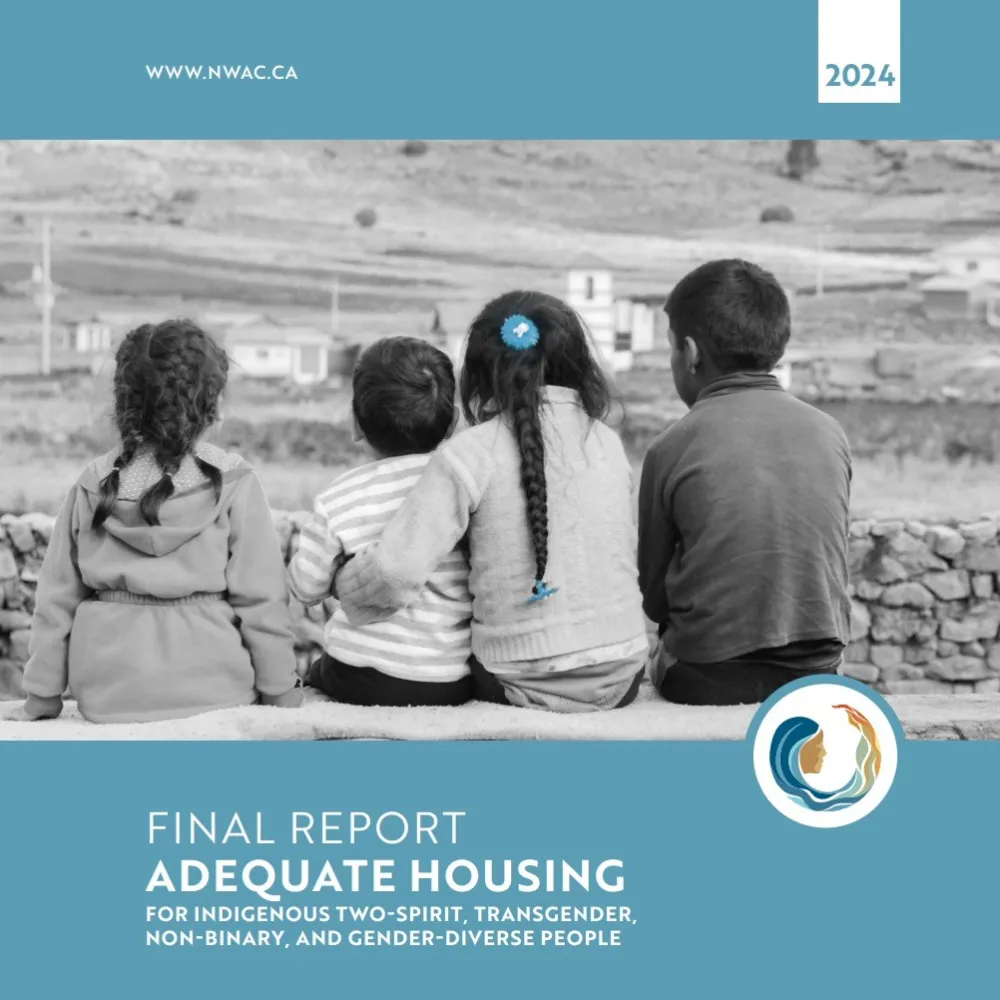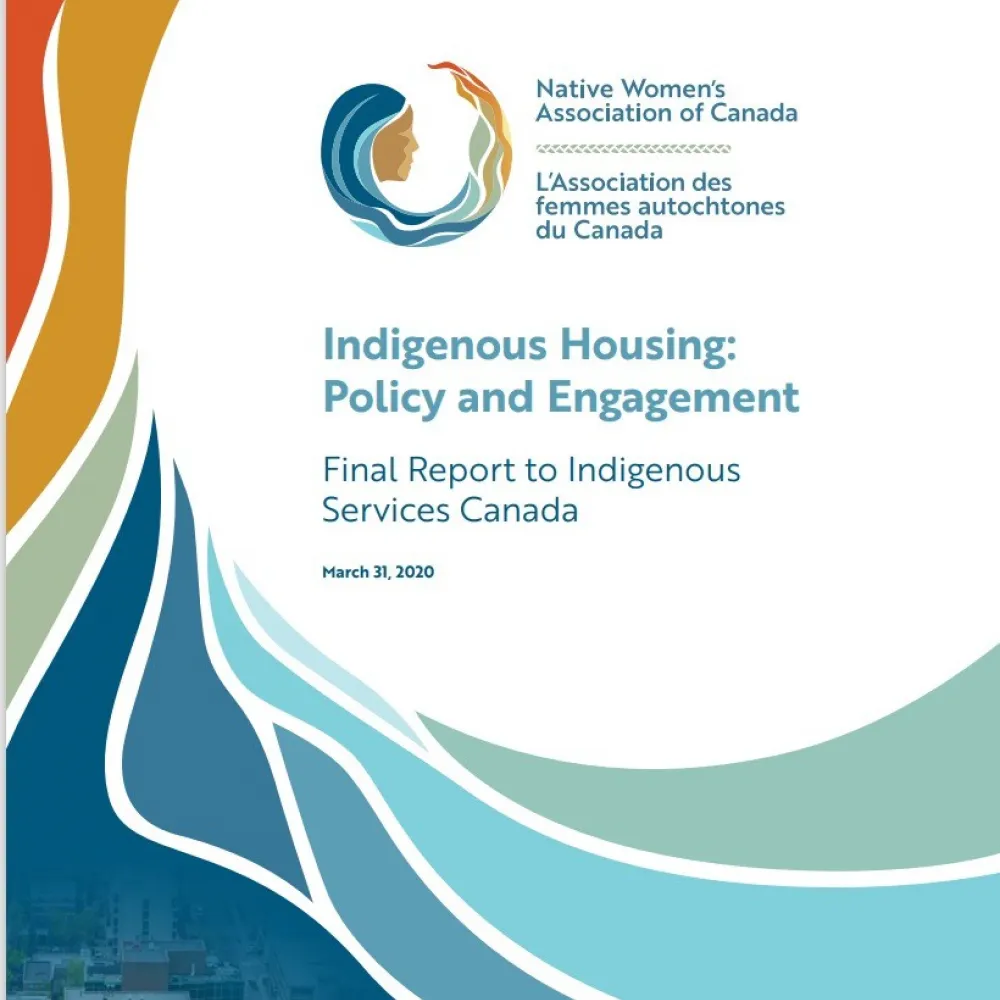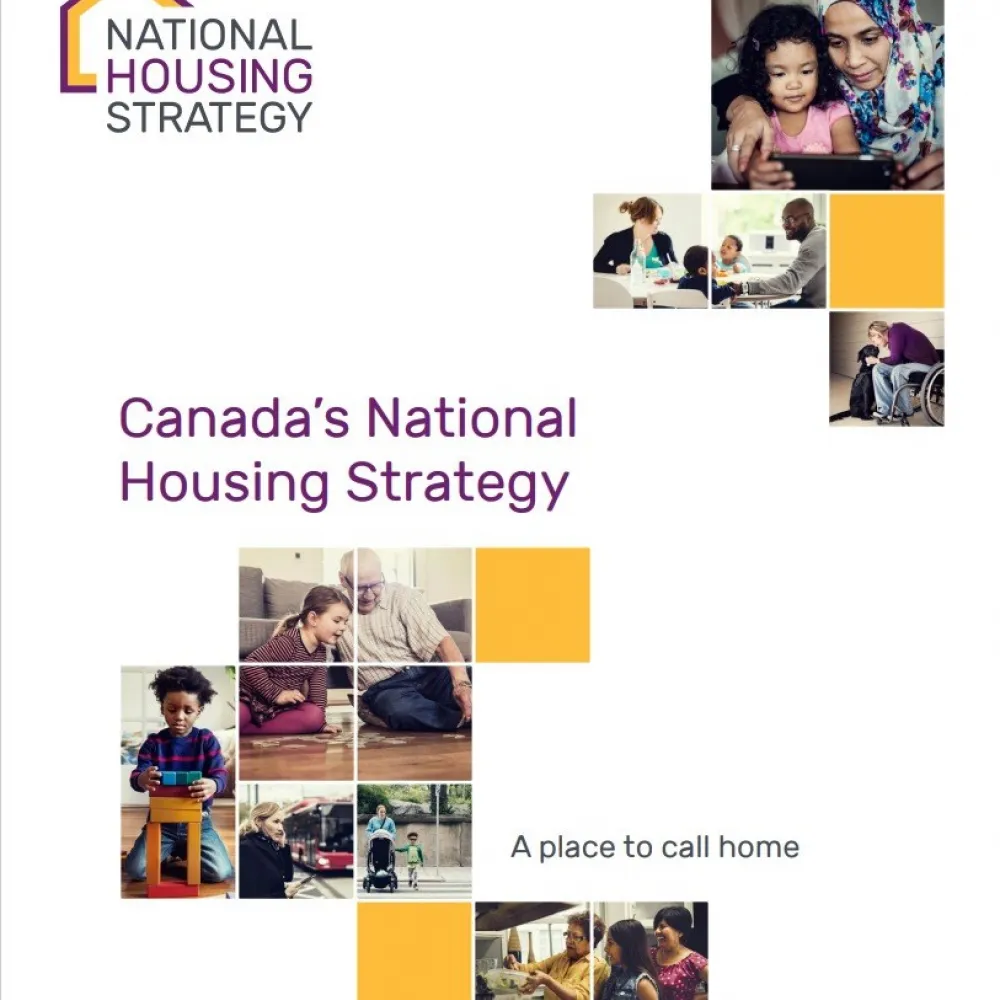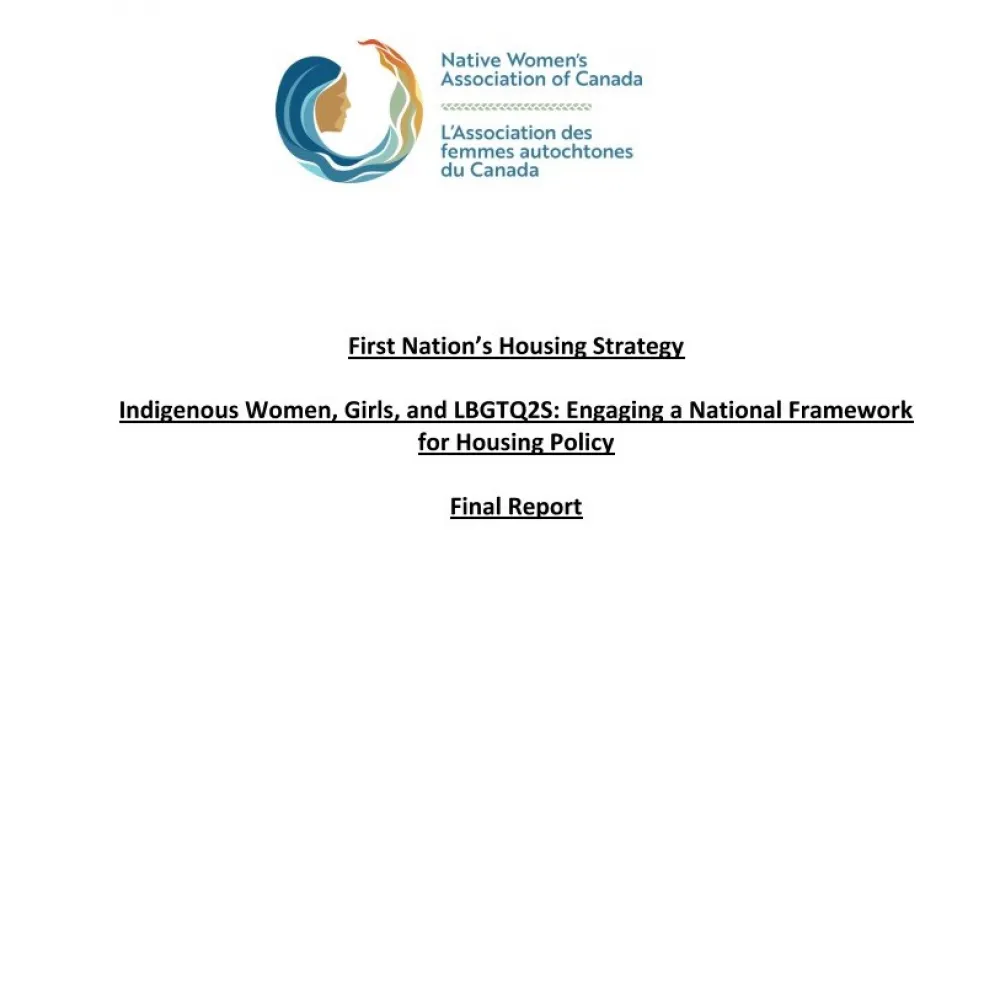Summary
Indigenous communities face many unique challenges in developing, constructing, and maintaining adequate housing supply. As a result, housing insecurity has become a pressing issue impacting Indigenous Women, Girls, Two-Spirit, Transgender, and Gender-Diverse Peoples in other aspects of life, such as health and social conditions.
In Northern communities, a lack of basic infrastructure makes it extremely difficult to construct new homes, which often leads to poorer housing quality in regionally inappropriate locations. Inadvertently, existing homes on-reserves become subject to overcrowding and other challenges that cause homes to deteriorate quickly and need frequent repairs.
The Indian Act provides additional challenges to First Nations communities as it prohibited lending institutions from seizing on-reserve assets in the event of a payment default¹.
This has historically made lending institutions unwilling to lend to First Nations people, making it extremely difficult to obtain the necessary financial resources to build or renovate homes.
In 2020, NWAC produced a report on housing that recognized complex social, historical, economic, and legislative issues that impact Indigenous Women, Girls, Two-Spirit, Transgender, and Gender-Diverse People’s access to safe, affordable, and culturally appropriate housing.
